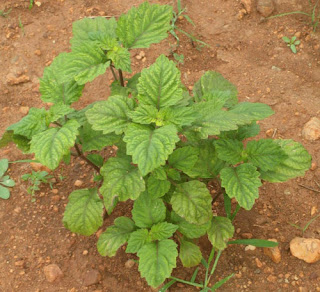One in four patients say their local hospital is not up to standard
- Report also finds patients admitted to A&E at evenings and weekends are 10 per cent more likely to die
A quarter of patients would not recommend their local hospital, a survey revealed yesterday.
Their complaints included ant-infested floors, wards stinking of sewage and uncollected rubbish.
Others objected to doctors and nurses who made them feel as if they were on a factory production line.
Some claimed nursing staff spent much of their time clock-watching or failed to wash their hands properly.
However, 58 per cent would do so however, while the remainder had no opinion either way.
Lack of cleanliness was one of the main reasons for the complaints to the website. One patient, who was treated at Whipps Cross University Hospital in North-East London, said ants had the run of the ward he was treated on. He also claimed food was not cleared from his bedside table for four days.
A patient admitted to Queen’s Hospital in Romford, East London, said bloodied dressings covered the floor and another said the ward stank of sewage.
At Queen’s Medical Centre, Nottingham, a patient said black rubbish bags were left along the corridor. Another complained that the same hospital was so dirty he ‘feared getting an infection’.
Some 72 per cent of patients who complained were upset at being ‘left in the dark’ by doctors and nurses who refused to speak to them about their illness or treatment.
One patient who had been brought in to the A&E department at Newham General Hospital in East London described doctors and nurses as ‘robotic’ and said they felt like they were on ‘some sort of mass production line’. A mother who gave birth at Queen’s Hospital said she had been ‘made to feel like an animal’.
The report also found that patients who are admitted to A&E during the evenings or weekends are 10 per cent more likely to die.
It warned that in many trusts too few senior consultants work outside of office hours meaning that patients are left in the hands of junior doctors.
In nearly a third of hospitals no senior staff were on site all weekend. Overall mortality rates, however, were found to have fallen by 20 per cent over the past decade.
At South Tyneside NHS trust in Tyne and Wear the average is one nurse to 29.5 patients while at Frimley Park in Surrey the ratio is one to 20.
Dr Peter Carter of the Royal College of Nursing said: ‘Trusts now need to look at their staffing levels as a matter of urgency. Due to the complex needs of many older people, having staff with the right mixture of skills and experience on the ward is vital.’
Sir Bruce Keogh, medical director of the NHS in England, said: ‘Mortality rates are going down, but hospitals with high rates and poor outcomes in the evenings and at weekends must investigate to see where performance may be falling short and look to those with the best rates to see how they can improve.’
Professor Keogh added: ‘I will be asking the NHS medical directors to look closely at weekend services to ensure patients admitted at weekends receive the same standards of care as those during the week.’








